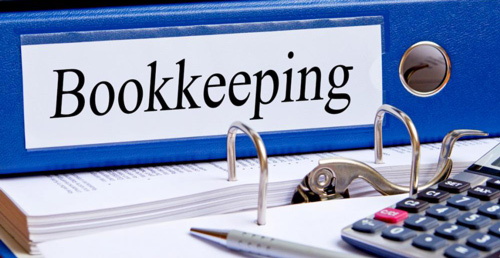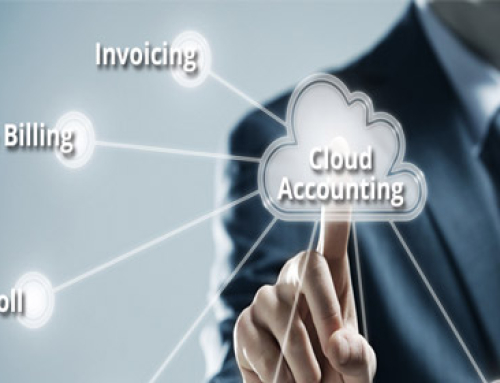
When most people think about accountancy they think of lots of numbers and maths. But when you ask what the difference between accounting and bookkeeping is, many will give you a puzzled look. Most people without a financial background will struggle to answer this question. So what exactly is the difference between the two?
While accounting and bookkeeping share similar goals, they each make up a different stage of the financial cycle.
What is Bookkeeping?

Bookkeeping is the process of recording daily business transactions that are essential to building reliable data in which financial reports can be generated from.
By recording daily transactions this allows a business to understand their business operations such as on average how much they spend and how much they sell per day.
The general ledger plays an important part in bookkeeping and acts as the main document were daily expenses and sales are recorded. Depending on the size of the business this general ledger can be made using a simple piece of paper or specialised computer software if it requires a lot of entries. Small businesses can start off with a simple book to record transactions in. But as the size of the business grows and the number of transactions increase its inevitable they won’t be able to manage single handedly.
Larger companies who handle thousands of transactions a day use computer software to help them generate the ledger. Although the software can be expensive and you need trained bookkeepers to use it, it sure beats writing them all out by hand.
What is Accounting?

Accounting uses the information collected from bookkeeping to generate financial reports and models. With these reports and models a business owner can use the information to help determine the businesses profitability and cashflow. The data can also be used to help with strategic tax planning, financial forecasting and predicting future financial trends.
By using this data accountants can help business owners make changes to their business to help increase the growth rate of their business. This could be helping the business increase its working capital or finding areas of the business to save money in.
Here at CRBH we offer a range of services for small business owners to help with business planning, financial forecasts and developing annual budgets. We can also assist with tax planning strategies that allow your business to grow much faster.
Should You Outsource Your Accounts?
A company requires both good bookkeeping and accounting to help their business grow. Without good bookkeeping you could be missing essential transactions that makes the data unreliable. If this data is not accurate then all the financial forecasts and reports will also be wrong. Making sure you have a good bookkeeper is paramount.
Bookkeeping is an important part of a business and it is estimated that small business owners can spend up to 20% of their time keeping their accounts up to date. Although it might seem like a tiresome task it’s essential to ensure this data is accurate and reliable.
If you want to free up some time from your daily schedule then getting a good accountant on board could be very beneficial for you. Our team at CRBH can help you with your bookkeeping or financial accounts to help free up some time in your schedule. Letting you get on with the important things such as managing the business and looking for clients.










Leave A Comment